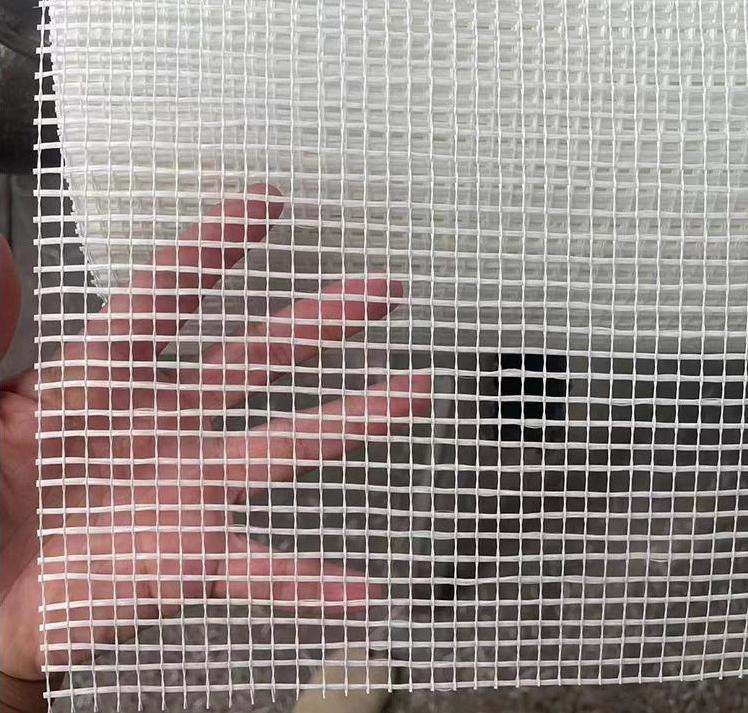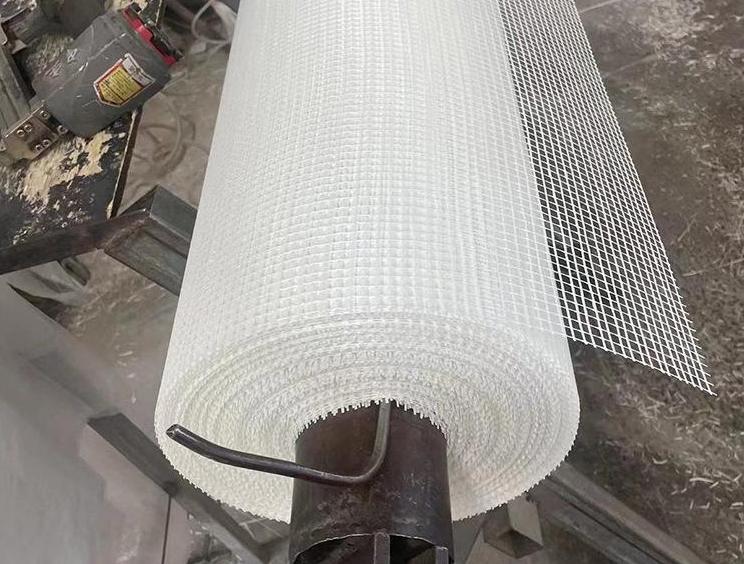1. Consider the Application

Reinforcement in Concrete and Plaster
For reinforcing concrete, you need a polyester mesh with high tensile strength. Look for products that are specifically designed for concrete applications. The mesh should be able to withstand the stress exerted during the curing process of concrete and throughout the building’s lifespan. In the case of plaster reinforcement, a mesh with a fine – enough weave to blend well with the plaster and prevent cracking at joints and corners is ideal. A mesh with a mesh opening size of around 5 – 10mm can be suitable for most plaster applications.
Waterproofing and Damp – Proofing
When used for waterproofing in basements or areas prone to water seepage, the polyester mesh should be compatible with the waterproofing membranes. It should have a smooth surface to ensure good adhesion with the membrane. Additionally, the mesh should be resistant to moisture degradation. Check if the polyester mesh has been treated with special coatings to enhance its water – repellent properties.

2. Evaluate the Material Quality
Tensile Strength
High – quality polyester mesh will have a high tensile strength rating. This is crucial as it determines the mesh’s ability to reinforce structures. You can check the product specifications provided by the manufacturer. A reliable polyester mesh for construction should have a minimum tensile strength of [X] Newtons per width (the specific value depends on the application, for example, for concrete reinforcement, it could be in the range of several hundred to over a thousand Newtons per width).
Chemical Resistance
Since construction materials can be harsh, the polyester mesh needs to be chemically resistant. It should be able to withstand contact with cement, lime, and other building chemicals without deteriorating. Look for meshes made from polyester fibers that are known for their chemical stability. Some manufacturers may also offer additional chemical – resistant treatments on the mesh.
Durability
Durability is closely related to the material quality. A durable polyester mesh will have good UV resistance if it will be exposed to sunlight during the construction process or in the final building structure. It should also resist abrasion well, especially if it will be handled frequently on the construction site or if it may come into contact with rough surfaces during installation.
3. Check the Manufacturing Process
Weaving Quality
Inspect the weaving of the mesh. The fibers should be evenly woven without any loose ends or gaps. A well – woven mesh will have consistent mesh openings throughout, which is important for uniform stress distribution in applications like concrete reinforcement. If possible, request a sample and visually examine the weaving pattern.
Coating and Treatments
Some polyester meshes come with coatings or treatments to enhance their performance. For example, a coating can improve adhesion to other materials or provide additional protection against moisture or chemicals. Make sure that the coating or treatment used is suitable for your specific construction application and does not compromise the overall integrity of the mesh.
4. Look at the Reputation of the Supplier
Choose a supplier with a good reputation in the construction industry. Read reviews from other contractors or builders who have used their polyester mesh products. A reliable supplier will provide accurate product information, offer technical support if needed, and ensure consistent quality in their products. You can also check if the supplier complies with relevant industry standards and certifications for polyester mesh used in construction.
